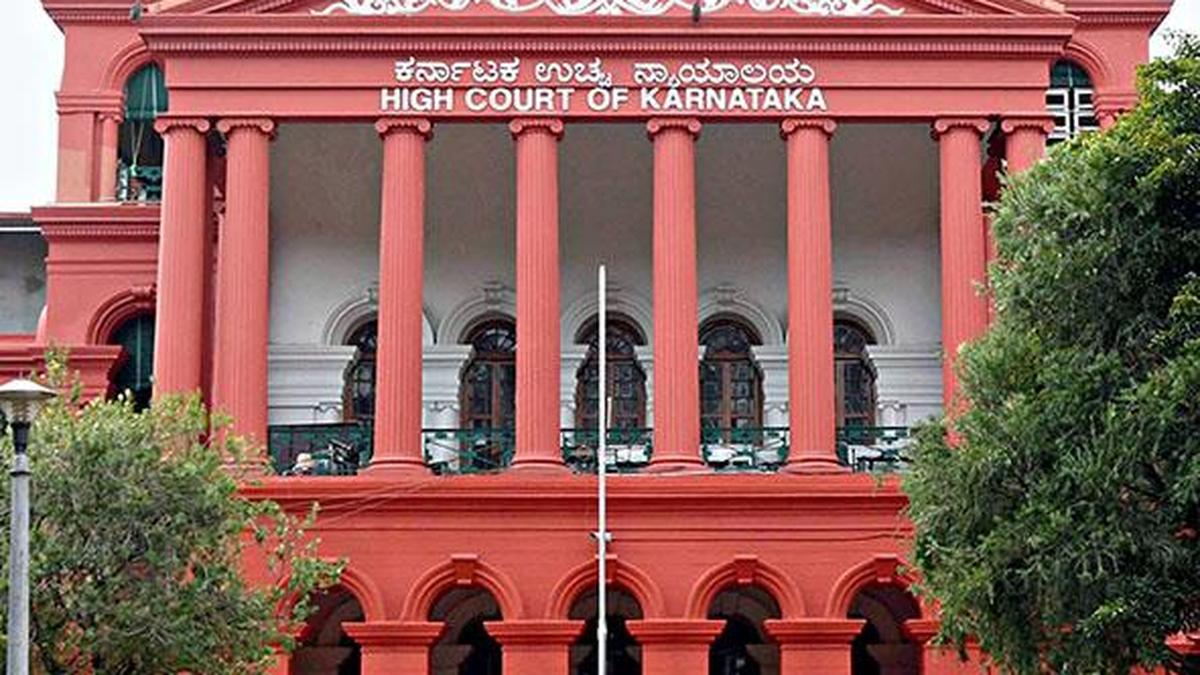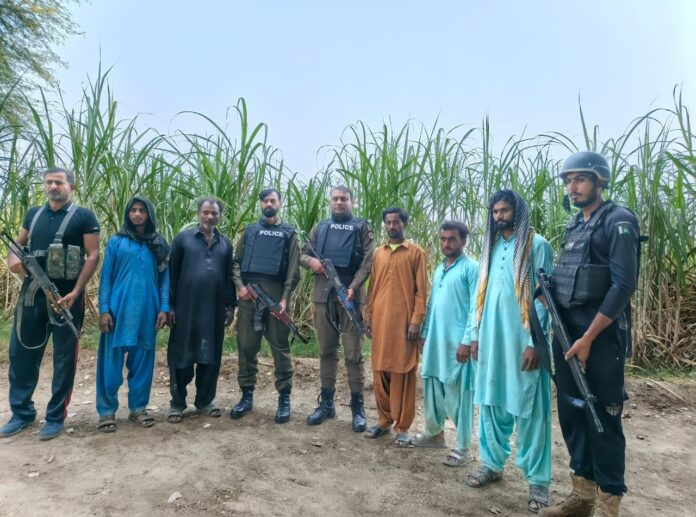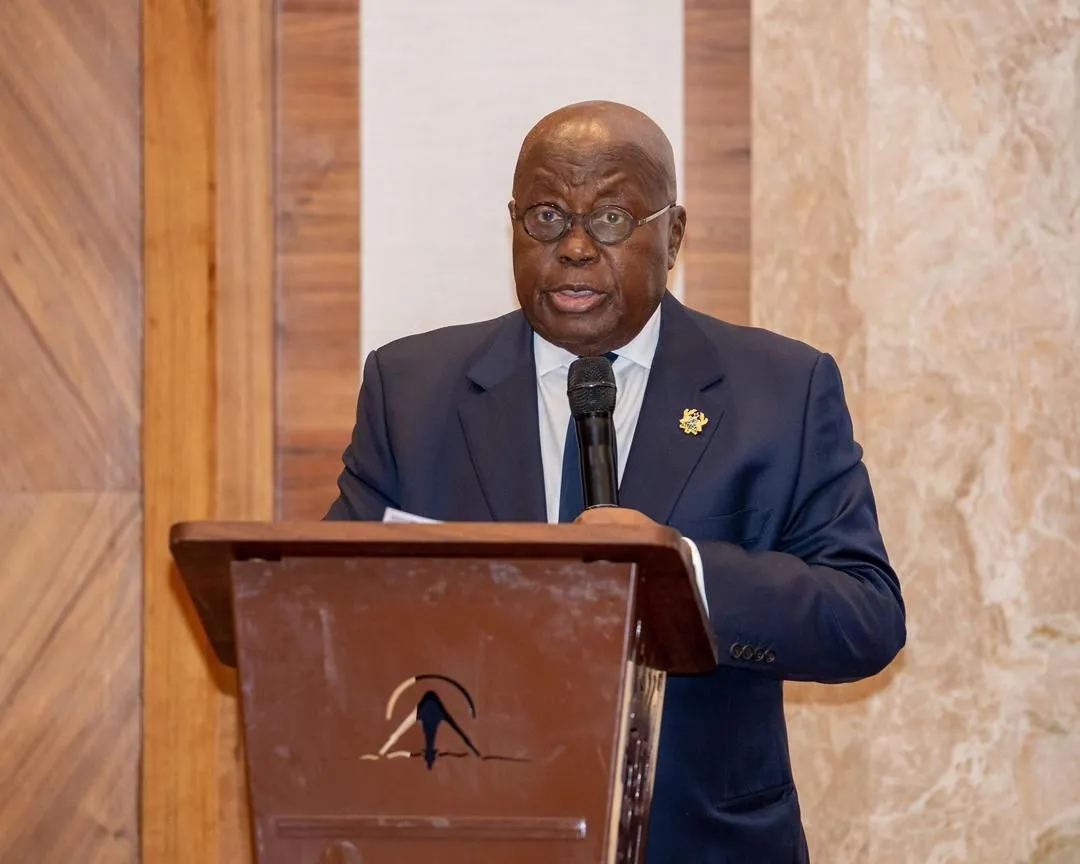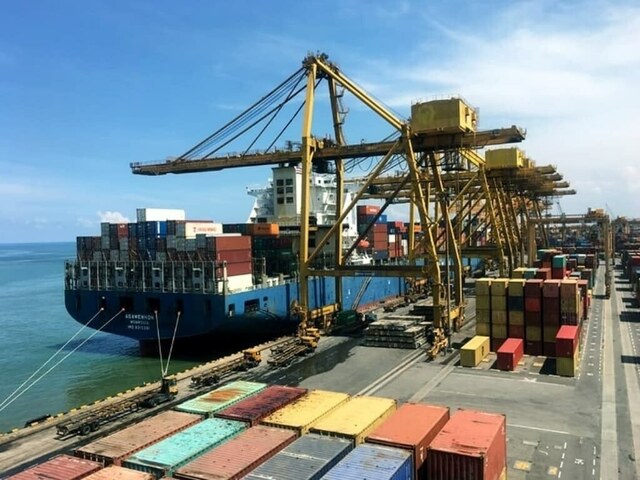Copyright thehindu

The High Court of Karnataka has issued a technology-driven Standard Operating Procedure (SOP) titled, “SOP for Protection and Rehabilitation of Minor Victims of Sexual Offences, 2025,” which would be in force till the State government frames a SOP in consultation with experts. The court issued the SOP after noticing that the authorities had not only neglected their duties under laws but had also ignored several directions issued by the court on medical termination of pregnancy and rehabilitation of minor victims of sexual offences. Justice Suraj Govindaraj issued the directions while allowing the petition of a 13-year-old girl, who became pregnant due to sexual assault, for medical termination of pregnancy. While directing the Principal Secretary, Women and Child Welfare, and the Director-General of Police (DGP) to formulate a final SOP based on expert input, the court said its SOP would be operative as an “indicative” one till such time. Integrated system The court’s SOP proposes a unified, time-bound, and technology-integrated system for managing cases of child sexual abuse — from the initial report to complete rehabilitation — with the objective of eliminating bureaucratic delays, inter-departmental silos, and repeated trauma for victims. The framework of SOP is based on the provisions of major pieces of legislation like the Protection of Children from Sexual Offences (POCSO) Act, 2012, Juvenile Justice (JJ) Act, 2015, Medical Termination of Pregnancy (MTP) Act, 2021, and the Digital Personal Data Protection (DPD) Act, 2023, etc. The vital provision of the court’s SOP is the direction to establish Digital POCSO Portal (DPP) — a secure, cloud-based platform integrated with national systems such as the Crime and Criminal Tracking Network System (CCTNS) — and the e-Courts Mission Mode Project. The SOP states that every case would be digitally tracked in real time, ensuring “zero delay” in every procedural step — from First Information Report (FIR) registration and forensic examination to charge sheet filing and compensation disbursal. Absolute confidentiality Each victim, the SOP says, will have to be assigned a Pseudonym Identifier (PID) to guarantee absolute confidentiality; and sensitive personal data will have to be stored in an encrypted “Identity Vault,” accessible only with judicial authorisation to protect the right to privacy over digitally stored data. The court’s SOP sets out a strict confidentiality and counselling protocol for cases involving pregnancy of minor victims, who are entitled to unbiased, trauma-informed counselling on both continuation and termination of pregnancy. If MTP is chosen, the SOP states, it must comply with the MTP Act, 2021, allowing termination up to 24 weeks with consent from the minor and guardian — or, if necessary, from the Child Welfare Committee. Beyond 24 weeks, the SOP states, court’s approval and a medical board’s recommendation are required and all such proceedings will remain confidential and encrypted on the DPP. An automated alert system on the DPP dashboard will have to flag any procedural breaches. For instance, the court said, if a medical examination or FSL report exceeds its statutory deadline, the DPP will generate a “red alert,” triggering immediate supervisory intervention as every action, from police investigation to court orders, will be digitally time-stamped and auditable. The SOP establishes timelines for payment of compensation by stating that the District Legal Services Authority (DLSA) must apply for interim compensation within 15 days of the FIR and all payments will have to disbursed through Direct Benefit Transfer (DBT), with delays beyond 30 days automatically generating a ‘red’ alert to supervisory judicial and administrative heads.



